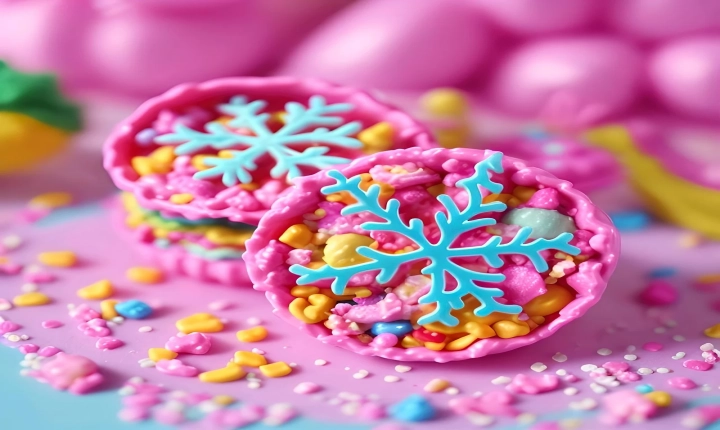Converting an AI file to JPEG: A Quick Guide
Adobe Illustrator (AI) is a powerful software used for creating vector designs and illustrations. However, when it comes to sharing or using these designs on the web, JPEG (or JPG) is a widely-supported format that is favored due to its smaller file size and compatibility with various platforms. If you find yourself needing to convert an AI file to JPEG, it’s a relatively straightforward process – here’s how to do it.
Method 1: Using Adobe Illustrator
1. Open the AI file in Adobe Illustrator by double-clicking on the file or by launching the software and going to File > Open to locate and open the AI file.
2. Once the file is open, go to File > Export and select “Export As” or “Save for Web” depending on your version of Illustrator.
3. In the “Export” or “Save for Web” dialog box, choose JPEG as the format. You can then adjust the quality and other settings as per your requirements.
4. Select the destination where you want to save the JPEG file and click “Export” or “Save” to convert and save the file as a JPEG.
Method 2: Using Online Converters
If for some reason you don’t have access to Adobe Illustrator, or you prefer not to use it, there are several online tools and websites that allow you to convert AI files to JPEG.
1. Go to your preferred online file conversion website, such as Zamzar, CloudConvert, or Convertio.
2. Upload the AI file to the website by either dragging and dropping the file or selecting it from your local storage.
3. Choose JPEG as the output format.
4. Click “Convert” or a similar button, and the website will process the conversion and provide you with a link to download the converted JPEG file.
Keep in mind that while online converters can be convenient, it’s important to use reputable and secure websites to ensure the safety and privacy of your files.
Benefits of Converting AI to JPEG
Converting AI files to JPEG offers several benefits, including:
1. Smaller File Size: JPEG files are typically smaller in size compared to AI files, making them easier to share and upload on the web.
2. Universal Compatibility: JPEG is widely supported across various platforms and devices, ensuring that your images can be viewed by a broader audience.
3. Web Optimization: JPEG is ideal for web usage as it can help in creating web-friendly images without sacrificing much quality.
In conclusion, whether you prefer using Adobe Illustrator or online converters, converting an AI file to JPEG is a simple process that allows you to make your vector designs accessible to a wider audience. By keeping the aforementioned methods and benefits in mind, you can seamlessly convert your AI files to JPEG and share your designs with confidence.
